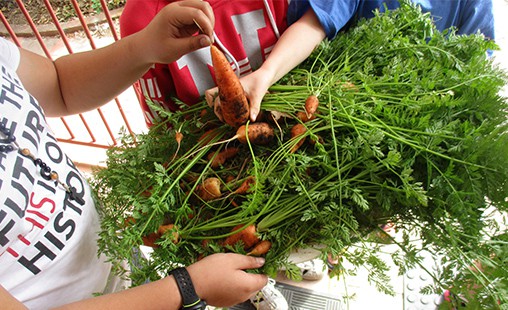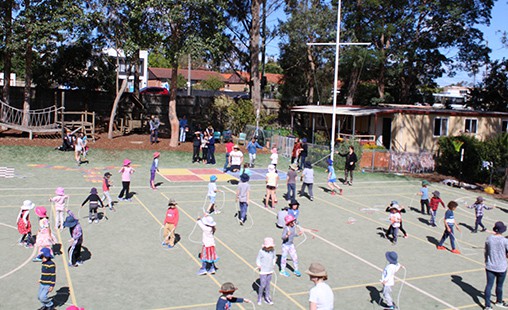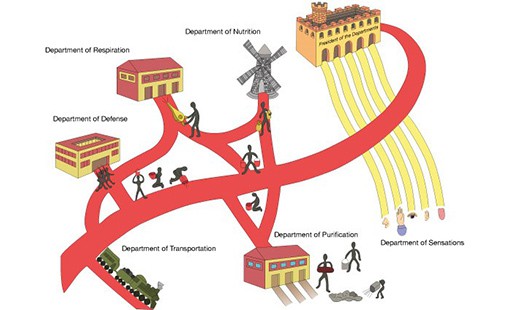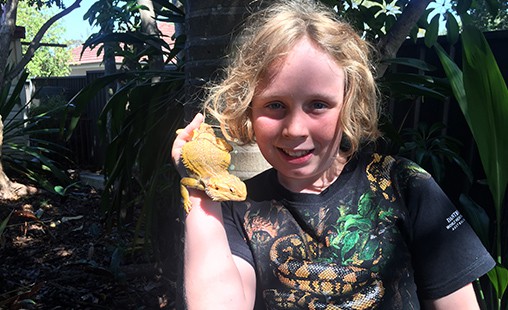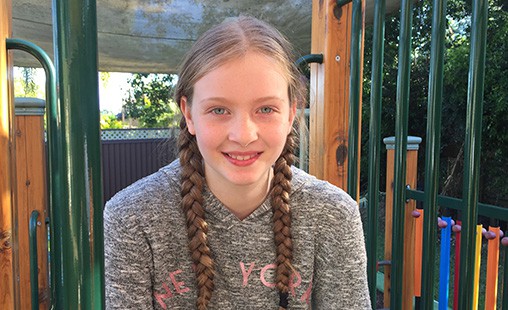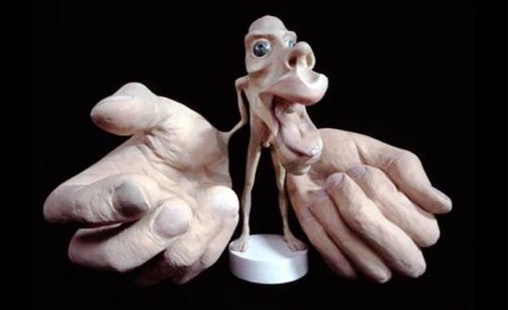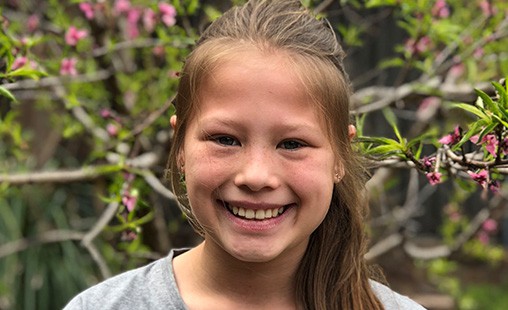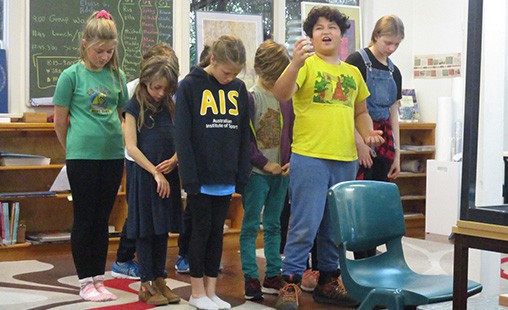Between the ages of 9-12 children experience
exponential personal developmental growth. Dr Maria Montessori called this stage of learning
‘The Reasoning Mind.”
Developing deeper thinking
The ages between 9 and 12 years is a time of exponential growth, much like the period from birth to age 6. Your child will apply greater reasoning, abstract thinking and imagination to learning. They will claim more independence and develop personal responsibility. Our environments provide space for your child to grow into themselves, with individualised and collaborative projects to support their autonomy. Your child will thrive as a contributory member of the wider community.
Expanding intellect
Children at this stage are becoming strong independent learners, developing and refining previously learned skills. The Montessori materials for upper primary support expanding intellect and encourage your child to apply deeper analytical thinking, problem solving and creativity to their learning. These skills are the basis for lifelong learning, intelligent reasoning, decision making and thinking outside the box.
Growing confidence, community
Our Upper Primary 9-12 classroom is designed to keep your child’s spark for learning alive with daily opportunities for developing personally, intellectually and socially. We offer broad scope for children to undertake individual, group and self-led projects, working autonomously and as a part of a team. Your child will engage in leadership activities and learning beyond the classroom to inspire their developing sense of self, confidence and community.
Prepared for the future
It is our intention that every graduate from FMS is well prepared for the world beyond the classroom. Upper Primary students have many opportunities to lead within their classroom and to venture into the community. Leadership may include supporting younger students or contributing to class, school and community events. 'Going Out' is a cornerstone Montessori experience where students plan, organise and manage an entire event of their choosing. These experiences build your child's confidence, responsibility and sense of connectedness. This is how we prepare our 9-12 students to become positive contributors to the world in which they live.
Your child will become a confident, compassionate and capable individual by engaging in
purposeful learning across the following areas (click the + to view more detail):
Language
- History of language
- Spoken language – listening and speaking
- Reading – word level and text level (basic skills)
- Word study
- Grammar study for reading fluency – functions of words and grammar boxes
- Grammar study – detailed study of the verb
- Grammar study for reading and writing fluency – sentence analysis (simple, compound, complex sentences)
- Grammar study for writing – study of style
- Reading and viewing literary texts
- Reading and viewing factual texts
- Writing:
- composing literary and factual texts
- handwriting and keyboarding
- spelling
- punctuation
Maths
- History of mathematics
- Numeration systems other than the decimal system
- Memorisation
- Review and extension
- Multiples of numbers
- LCM (Lowest common multiple), GCF (Greatest Common Factor) and HCF (Highest Common Factor)
- Divisibility
- Operations (whole numbers)
- All operations
- Multiplication
- Division
- Fractions and decimals
- Fractions review
- Types of fractions
- Operations with fractions – unlike denominators
- Decimals introduction
- Decimals operations
- Percentage
- Powers of numbers
- Introduction
- Notations and operations
- Squaring and cubing
- Squaring
- Products of binomial and trinomial squares
- Square roots
- Cubing
- Cube root
- Algebra
- Simple linear equations
- Equations with squares of binomials and trinomials
- Relative numbers
- Positive and negative numbers
- Rational and irrational numbers
- Repeating and non-repeating decimal numbers
- Data
- Collecting, representing and interpreting data
Geometry & Measurement
- History of geometry
- History of measurement
- Solid geometry
- Plane geometry
- Constructive triangles
- Detailed study – fundamental concepts
- Detailed study – angles
- Detailed study – circle
- Symmetry
- Similarity, congruence and equivalence
- Insets of equivalence – detailed study
- Measurement
- Area of a surface: introduction
- Volume: solids
- Length, mass and temperature
History, Geography & Science
- Time
- Extension
- The great fable of evolution
- The significance of the coming of humans
- Society and civilization (2nd level)
- Migration
- The study of Australia
- Australia’s position on the earth
- Australian physical geography
- Australian political geography
- Australian economic geography
- The study of the world
- Study of countries other than Autralia
- Study of the United Nations
- Study of Australian history and society
- Australian history
- Australian citizenship
- The Earth
- Map reading and making
- Universe, solar system and the earth: 2nd level
- Solar energy and the Earth: 2nd level
- Movement of the earth: 2nd level
- The work of air: atmosphere and wind
- The work of water
Biology
- The plant kingdom: botany
- The chemistry of the plant
- The animal kingdom: zoology
- Chinese boxes and Tree of Life
- Human physiology
Art Curriculum
- Introduction to art
- Elements and principals of design
- The seven elements of design
- The seven principles of design
- Study of colour
- Skills and techniques, tools and media
- Sculpture and Ceramics
- Appreciation of visual arts
- Art history
- Artists – life and work
- Folk art
- Art projects: drama work and community building
Music
- Singing
- Movement
- Music theory with Montessori tone bars
- Composition: percussion
- Music appreciation
- Music history and literature
- Understanding the Orchestra
Drama
- Role play
- Drama games
- History of drama
- Musical drama
- Dramatic performance
- Concert production
- Related activities
Dance
- History of dance
- Principles of movement and choreography
- Dancing to music
- Composing
- Dance styles
- Appreciation
- School concert
Languages other than English
- Language Use: listening and responding, reading and responding, speaking, writing
- Making Linguistic Connections
- Moving between cultures
Personal Development, Health and Physical Education (PDHPE)
- Personal development (incorporating lessons in grace and courtesy)
- Health awareness
- Physical Education:
- Basic physical fitness
- Sport – ball skills, game skills
- Staying safe
- Physical education: a selection of activities

